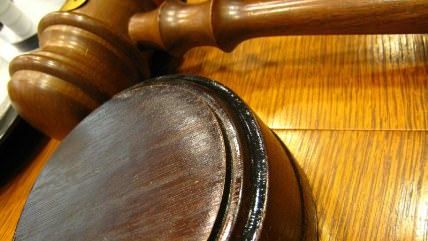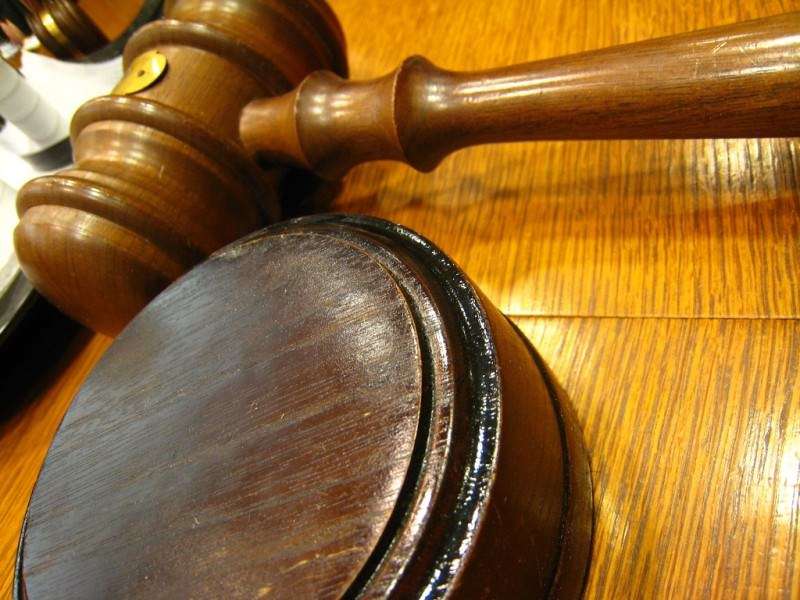No More Secret Grand Juries in California for Police Abuse Cases
Prosecutors will have to make the call themselves and take responsibility.


California Gov. Jerry Brown has signed into law a bill that will ban the use of secret grand juries in cases where a police officer is involved in a shooting or is accused of excessive force that leads to a person's death.
The legislation was inspired when grand juries in Missouri and New York declined to indict police officers accused of killing Michael Brown and Eric Garner, respectively. While transcripts have been released of testimony against Brown's shooter, Darren Wilson, the testimony in the Garner case remains secret. The goal of Senate Bill 227 is to avoid such secrecy in California. From the San Jose Mercury News:
The grand jury ban accomplishes officially what many California district attorneys, including in Santa Clara and Los Angeles counties, are doing already -- deciding themselves whether to bring criminal charges against police officers rather than presenting evidence in a closed hearing to a grand jury and letting the panel decide. Only one other state -- Connecticut -- bans the use of grand juries for all criminal indictments, but that taboo dates back to the early 1980s and has nothing to do with the current protests over the treatment of people of color by police.
Supporters of California's ban, including the legislation's author, state Sen. Holly Mitchell, D-Los Angeles, argued that Senate Bill 227 is necessary to stop even limited use of the grand jury option and to help restore trust in the criminal justice system. They contended that using a grand jury to decide if there is enough evidence to bring charges against cops serves mostly as political cover for district attorneys reluctant to impugn the police officers with whom they work closely and on whom they depend for crucial political support.
Mitchell is also responsible for legislation that would reform and tighten California's asset forfeiture regulations to prevent law enforcement agencies from bypassing the state's restrictions and using (and abusing) the looser federal Department of Justice program. That bill is still making its way through the state's Assembly.
Along with the grand jury ban, Brown also signed legislation to make it officially, legally clear that citizens have the right to photograph and videotape the police in public or in a place where the citizen has a right to be (like in his or her own home). Whether such legislation will actually prevent officers from stopping them or harassing them anyway is another question.


Show Comments (48)